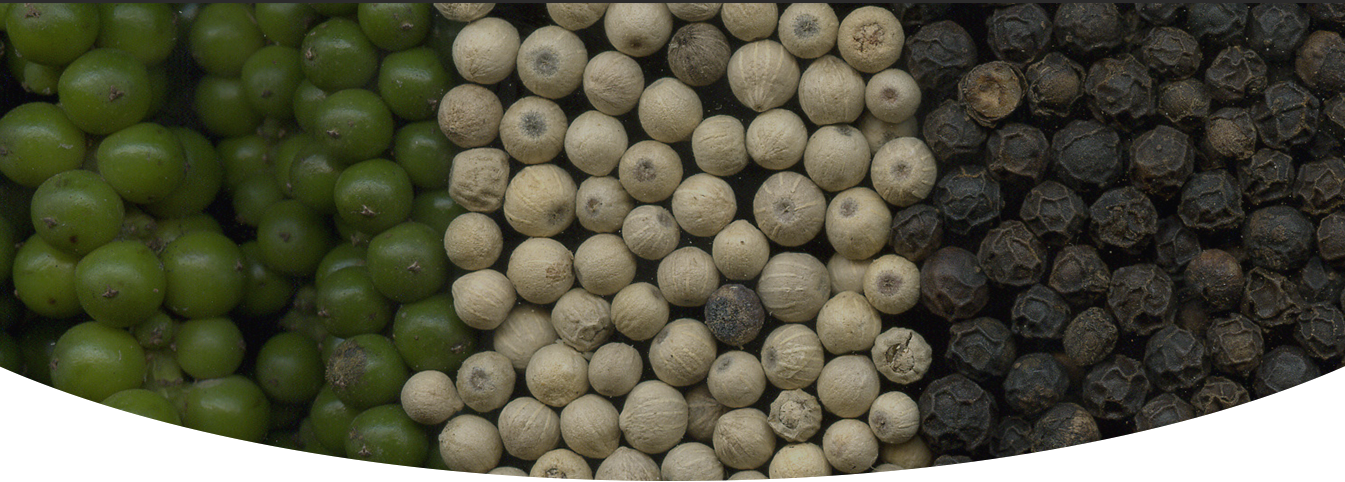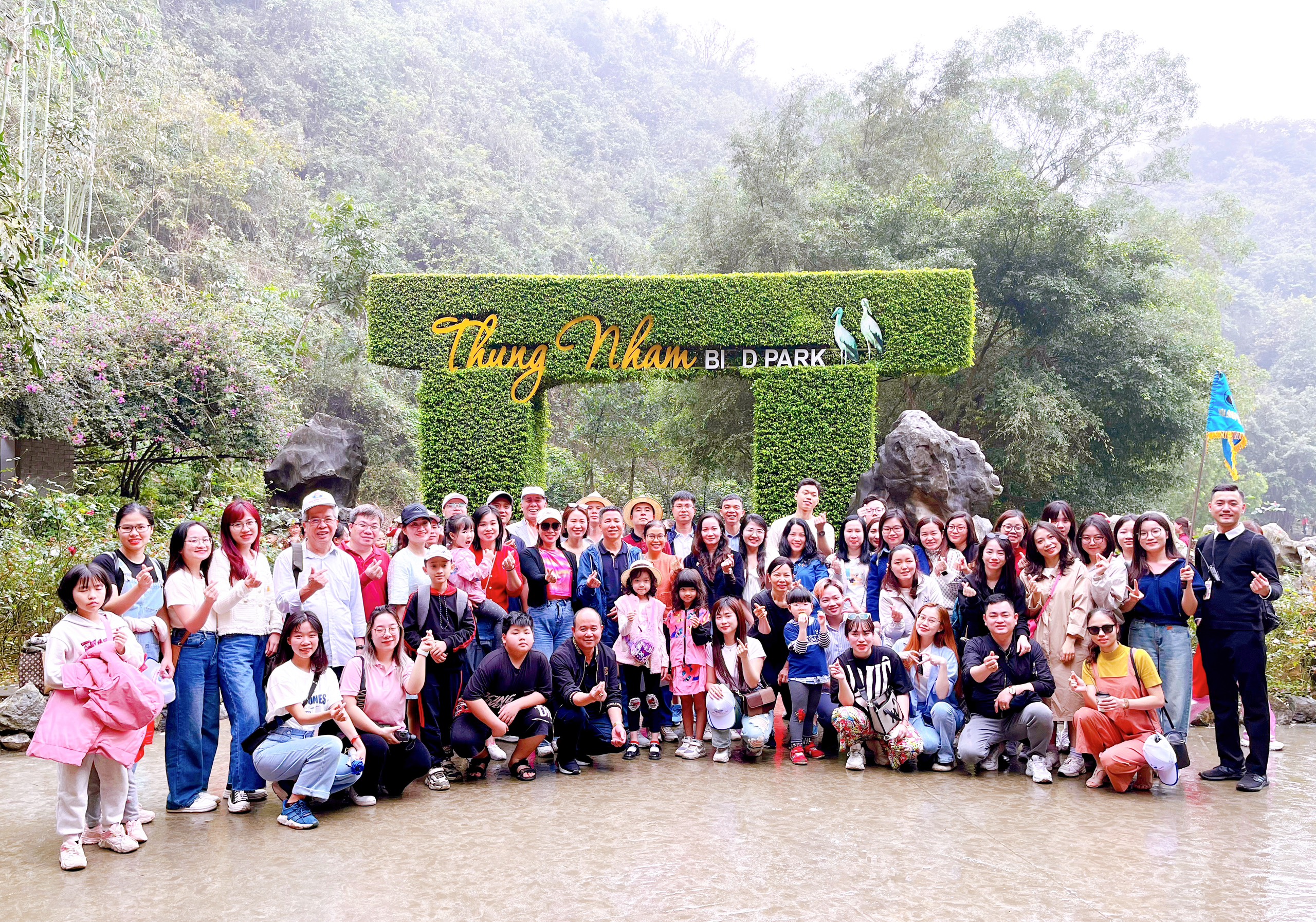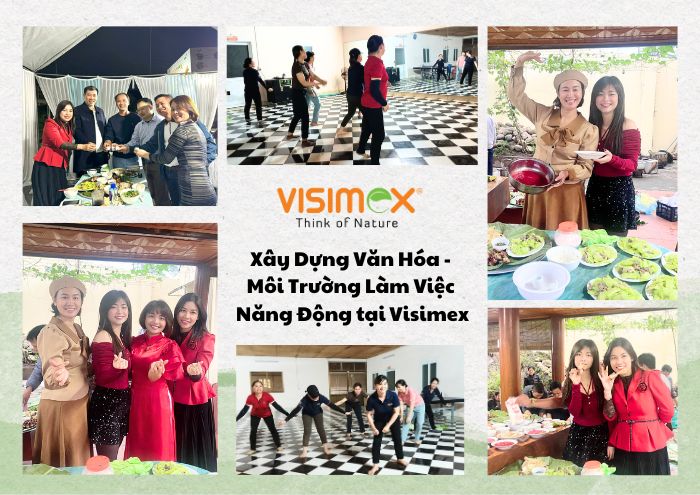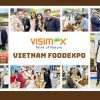The spice has been long seen by farmers of Phong Dụ Thượng Commune in the northern province of Yên Bái as a path to escaping poverty.
In recent years, demand for cinnamon has become greater than ever and has helped many households in the province’s Văn Yên District get a better life.
Bearing that in mind, the province has developed an organic cinnamon platform, focusing on building an agricultural sustainable chain from this valuable spice.
Export organic cinnamon
To see how cinnamon has helped develop Yên Bái’s agriculture and enriched farmers, Viet Nam News travelled to the fourth factory of Visimex Việt Nam Joint Stock Company, which was opened two years ago in Văn Yên.
As a reputed supplier of finished spices and agricultural products in Việt Nam and abroad, the company’s key products are pepper, cashew nut, cinnamon and star anise.
Nguyễn Thành Lâm, head of the company’s quality supervision department, said the company always made every effort to provide clean and safe agricultural products to clients.
“Five years ago, our main markets were China, India and Bangladesh. Later, we realised European and American markets have big demands for cinnamon products, and they pay higher, so we decided to switch to business partners in this area. To meet the demands of EU partners, the product must be made under an organic process and be controlled and given certification by a third party.
In 2018, we built an organic planting area in Văn Yên District. To safeguard the area, we co-operated with Regional BioTrade Project* officials to train local farmers not to use chemicals, apply hand-crafted cultivation, collect products with special-purpose vehicles and use bar codes to show their origins. The use of preservatives is forbidden in the company’s producing process.”
Heading to the packaging store, we saw seven female workers standing around a table stacked high with cinnamon, selecting the best ones to put into package.
Nguyễn Thanh Mai, a worker, said all labourers must try their best packing their assigned quota of 10-kg boxes of cinnamon, with a maximum quantity of 15 boxes per day.
“After we finish picking up the best cinnamon and are done packaging it, a supervisor will check again if our work is qualified. If any pack of cinnamon is not good enough, the worker must do another one. The rules are strict here.”
Connections between locals and project makers
After passing a zigzag pathway, we reached the birthplace of cinnamon in Văn Yên. The vast fields and the seemingly boundless horizontal lines spread out before our eyes.
Stopping by the cinnamon field of Triệu Toàn Phú in Phong Dụ Thượng Commune, we were stunned at how fast the farmers’ lives had changed.
Leaning by the harvested cinnamon, Phú told reporters his living conditions were extremely tough in the past.
“Perhaps poverty would still stalk us if we didn’t have the cinnamon, especially this organic stuff. Our lives have been changed thanks to it.”
Pointing to the cinnamon forest in front of him, he joked that, “We tell each other if we run out of money, we can go up to the forest and ‘harvest’ the money from the trees to bring back home.”
“For each cinnamon tree trunk I peel, I sell for VNĐ300 – 500,000 (US$13-21), depending on the quality and quantity of the product,” he continued.

Peeling the cinnamon tree
His house has a total area of 9 hectares of cinnamon, which he harvests twice a year, once in March and again in August.
His family has joined the province’s cinnamon planting group under the organic process, and won a sale contract with an entrepreneur for VNĐ60,000 ($2.60) per kg, three times more than if it were sold to small traders. The previous season alone, his family sold cinnamon bark for a total income of VNĐ180 million ($7,780).
His organic cinnamon planting must also follow clean procedure, without chemical fertiliser, herbicide or any chemical substances.
Each day, he takes careful notes on each step of his working process to submit to officials of Regional BioTrade SECO and Extending Commercial Initiative to protect Biodiversity and Ethical Values in the Herbs Field in Việt Nam (Biotrade EU)* to ensure the products can be certified as quality.
While visiting a household which has become the main supply of cinnamon in Làng Trạm Village, with a total area of 10-hectare cinnamon, we were guided by Nguyễn Thị Phượng, the house owner, to hike up to her planting area.
“Huge trees are better. We bark the trunk first, then cut it down. Wood is sold for VNĐ1.2 million per cubic metre. The rest of the roots will grow sprouts. The newly planted trees can be harvested after five years,” Phượng said.
By harvesting the whole 10ha, her family collect 10 tonnes of fresh bark, equal to five tonnes of dried bark, and sell it for VNĐ250 million ($10,760). As the main supplier of Phong Dụ Thượng, Phong Dụ Hạ and Xuân Tầm communes, she takes charge of buying cinnamon from local farmers to sell to other companies to process and export.
This year alone, her agency has bought 600 tonnes of dried cinnamon bark, of which 200 tonnes was certified as organic ingredients.
The commune currently has 200 local households signed up to the organic cinnamon project of BioTrade SECO and Biotrade EU. All products are purchased by Visimex JSC for European export.
Sustainable development
An official of BioTrade SECO Nguyễn Diệu Chi told Việt Nam News the project established an organic cinnamon planting chain at Phong Dụ Thượng Commune.
“With that in mind, we have been successful in building a chain between farmers and entrepreneurs, aiming to have a higher qualified product for EU export target. This platform guarantees forest, bio-diversity and natural resources development purposes,” she said.

According to head of the commune’s People’s Committee Lò Văn Mạnh, cinnamon has long been a precious tree, used by locals to treat many diseases. To meet growing demand, farmers have started to plant the tree, expanding the area to 2,000ha from 300ha, with the participation of 1,000 households, taking up 94 per cent of the commune’s population.
“Since 2018, the local authority has co-ordinated with several businesses to encourage farmers to switch from natural cultivation to planting organic cinnamon for export. The tree not only helps us to eradicate poverty but also re-greens the land and protects the environment,” Mạnh said.











